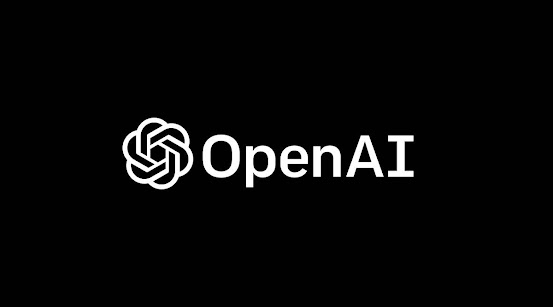Is OpenAI open source?
OpenAI is a company that has a mix of open-source and proprietary offerings. Some of the technologies and research developed by OpenAI are open-source and freely available to the public, while others are proprietary and only available through paid access or licensing.
The OpenAI team releases open-source versions of some of their technologies and encourages the research community to build on them. For example, the company has released open-source versions of its GPT-3 language model, which can be used by researchers and developers to train their own models or build new applications. This allows others to build on the work that OpenAI has done and to create new innovations in the field of AI. OpenAI also released several other open-source libraries like OpenAI Baselines, OpenAI Gym, and others.
On the other hand, OpenAI also offers paid API access to some of their technologies, such as the GPT-3 language model, DALL-E, and other models. These APIs allow businesses and organizations to use OpenAI's technology in their own products and services, such as chatbots, content generation, and image generation. The company charges a fee for access to these APIs, which can be either a one-time fee or a recurring subscription.
OpenAI's approach to open-source and proprietary offerings is driven by the belief that making its research and technologies widely available to the public can help to promote collaboration and innovation in the field of AI. By releasing open-source versions of its technologies, the company can help to ensure that the benefits of AI are distributed as widely as possible. At the same time, by offering paid access to some of its technologies, the company can generate revenue that can be used to support its research and development efforts.
In summary, OpenAI has a mix of open-source and proprietary offerings. Some of their technologies and research are open-source and freely available to the public, while others are proprietary and only available through paid access or licensing. The company's approach to open-source and proprietary offerings is driven by the belief that making its research and technologies widely available to the public can help to promote collaboration and innovation in the field of AI, while also generating revenue to support its research and development efforts.




Comments
Post a Comment